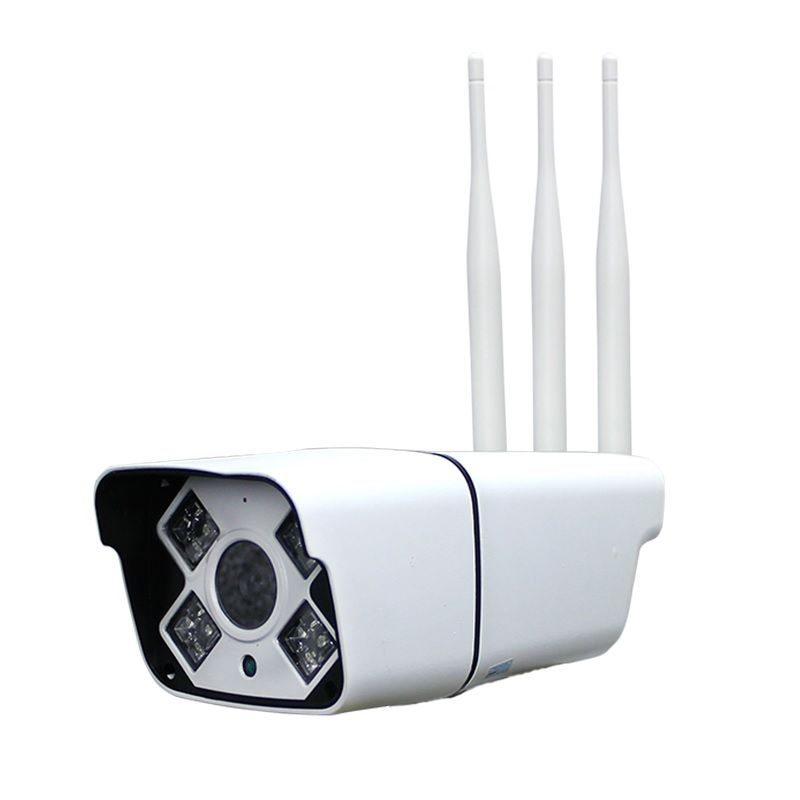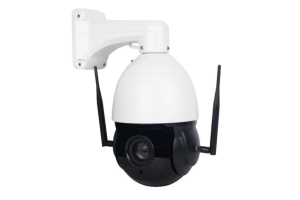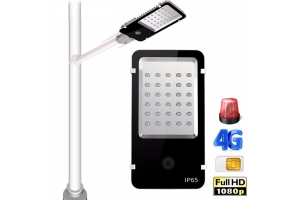We use cookies to make your experience better. To comply with the new e-Privacy directive, we need to ask for your consent to set the cookies. Learn more.
4G real time video CCTV cameras

4G real time video CCTV cameras are a recent innovation in the field of surveillance technology. These cameras use 4G cellular networks to transmit live video footage to a remote location in real time. This means that you can access and monitor your CCTV cameras from anywhere, at any time, as long as you have an internet connection.
One of the biggest advantages of 4G real time video CCTV cameras is their flexibility. They can be placed almost anywhere, and they don't require a wired connection to a central monitoring station. This means that they can be used in remote locations, such as construction sites or remote areas where power and internet connections are limited. Additionally, 4G real time video CCTV cameras are ideal for mobile applications, such as monitoring traffic on highways or following vehicles on the road.
Another advantage of 4G real time video CCTV cameras is their high-definition video quality. These cameras typically use high-resolution sensors and advanced image processing techniques to provide clear and detailed footage, even in low light conditions. This makes them ideal for use in applications where a high level of detail is required, such as monitoring industrial processes or tracking wildlife.
4G real time video CCTV cameras also provide a high level of security. They use advanced encryption methods to protect the transmitted video data from unauthorized access. Additionally, many 4G real time video CCTV cameras come with built-in motion detection and alarm systems, which can alert you if something suspicious is happening in the monitored area.
However, 4G real time video CCTV cameras are not without their limitations. One of the biggest challenges with these cameras is the cost. They can be quite expensive to purchase and maintain, especially when compared to traditional wired CCTV cameras. Additionally, 4G networks can be prone to signal interference and dropped connections, which can result in lost video footage. This can be especially problematic in remote or rural areas where 4G coverage is limited.
Another limitation of 4G real time video CCTV cameras is the amount of data they generate. High-definition video footage can consume a large amount of data, which can be costly if you're using a cellular data plan. Additionally, storing and managing large amounts of video footage can be challenging, especially if you're using cloud-based storage solutions.
Despite these limitations, 4G real time video CCTV cameras are becoming increasingly popular, due to their flexibility, high-definition video quality, and high level of security. They are ideal for use in a wide range of applications, from monitoring remote construction sites to tracking wildlife in remote areas. However, before you decide to invest in 4G real-time video CCTV cameras, you should weigh the costs and benefits carefully and make sure that this technology is the right fit for your needs.
In conclusion, 4G real time video CCTV cameras are an exciting new innovation in the field of surveillance technology. They provide a high level of flexibility, high-definition video quality, and security. However, they also come with a cost and some limitations that need to be considered before investing in them. But for those who are looking for an advanced and efficient surveillance solution, 4G real-time video CCTV cameras are definitely worth considering.







